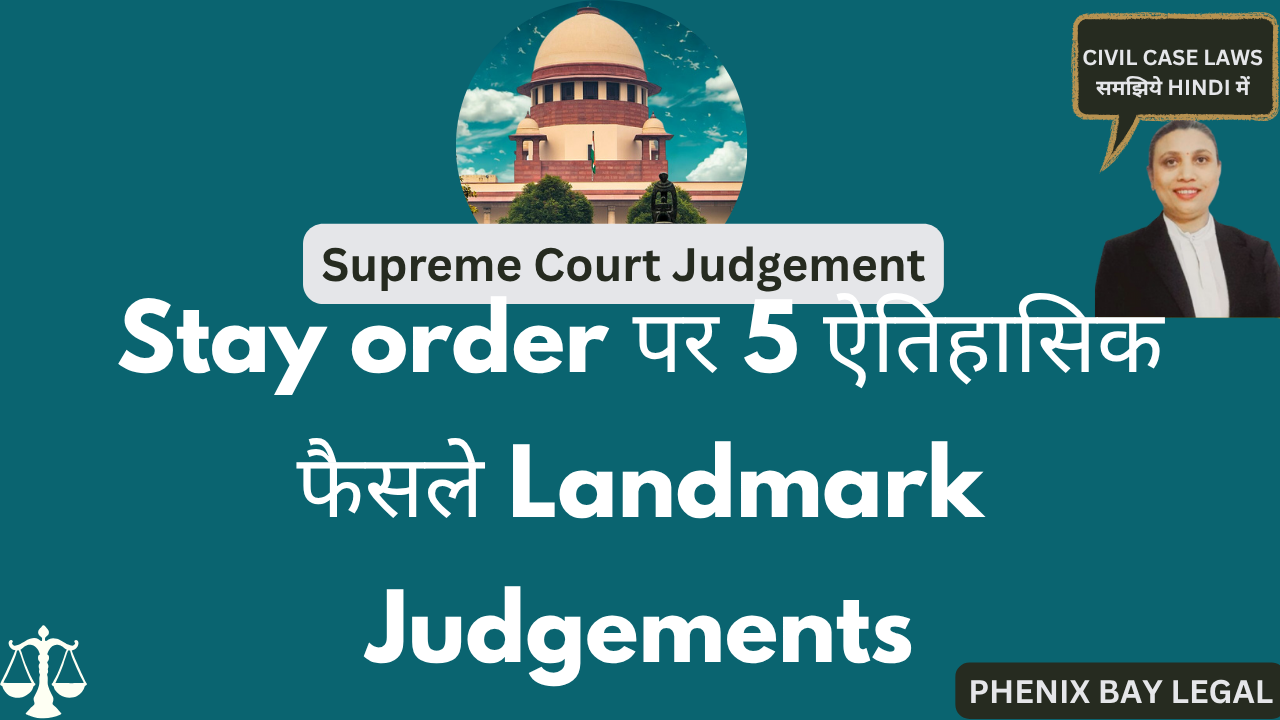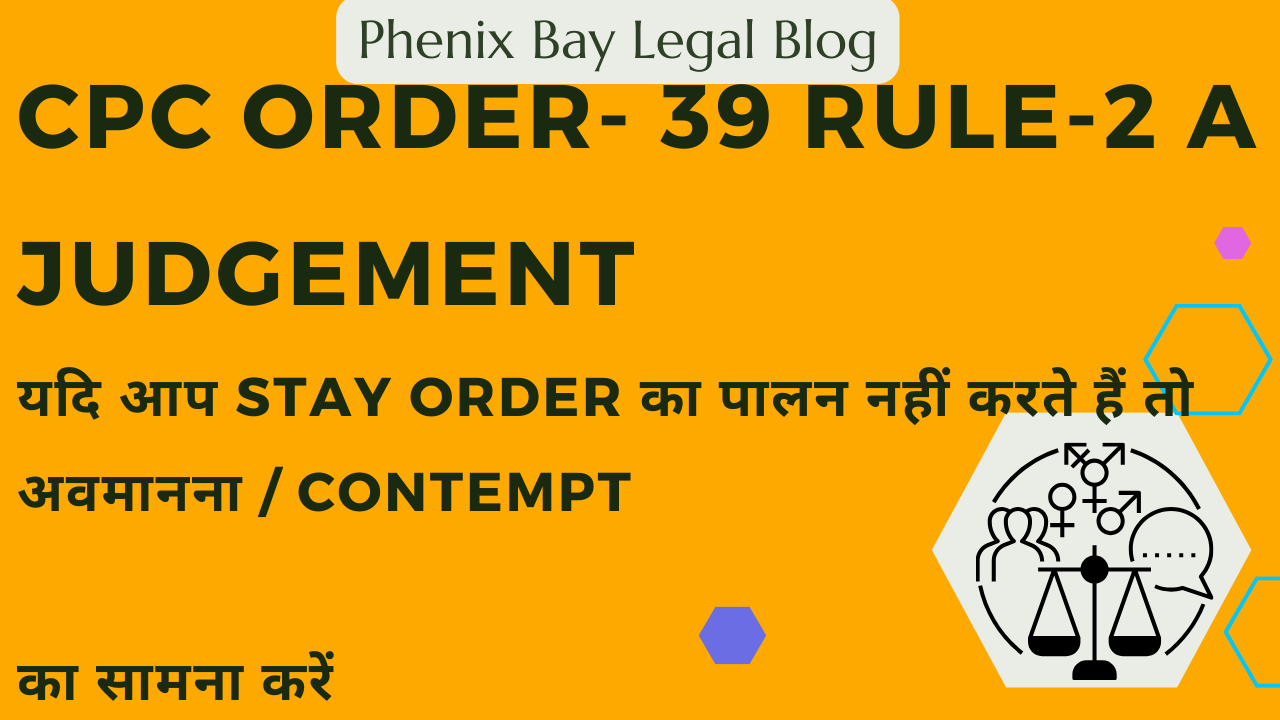
Understanding the Significance of Sections 156(3) and 200 of the Criminal Procedure Code (CrPC)
In navigating the complexities of criminal justice, familiarity with key provisions such as Sections 156(3) and 200 of the Criminal Procedure Code (CrPC) is indispensable. These provisions delineate crucial mechanisms governing the initiation and direction of criminal proceedings, ensuring the fair and efficient administration of justice. This article delves into the definitions, circumstances of application, and illustrative case laws surrounding Sections 156(3) and 200, shedding light on their profound significance in criminal jurisprudence.
Title: Understanding the Significance of Sections 156(3) and 200 of the Criminal Procedure Code (CrPC)
Introduction
In navigating the complexities of criminal justice, familiarity with key provisions such as Sections 156(3) and 200 of the Criminal Procedure Code (CrPC) is indispensable. These provisions delineate crucial mechanisms governing the initiation and direction of criminal proceedings, ensuring the fair and efficient administration of justice. This article delves into the definitions, circumstances of application, and illustrative case laws surrounding Sections 156(3) and 200, shedding light on their profound significance in criminal jurisprudence. Legal Format of Sections 156(3) and 200 of the Criminal Procedure Code (CrPC)
Definition of Section 156(3) and Section 200 of the CrPC
Section 156(3): Empowering Magistrates to order investigations into cognizable offenses based on complaints, Section 156(3) ensures that justice is not impeded by procedural hurdles. This provision enables aggrieved parties to seek judicial intervention for investigations, even in the absence of a police report or First Information Report (FIR), thus safeguarding the integrity of criminal proceedings.
Section 200: Enshrining the procedure for Magistrates to directly take cognizance of offenses from complainants, Section 200 emphasizes the foundational role of complaints in criminal proceedings. Complainants are empowered to present their grievances in writing directly to the Magistrate, ensuring a structured and transparent process of initiating criminal proceedings.
Circumstances to Utilize Section 156(3) and Section 200 of the CrPC
Section 156(3):
- Absence of Police Action: When police fail to register an FIR or initiate an investigation into a cognizable offense despite a complaint, Section 156(3) empowers aggrieved parties to seek judicial intervention.
- Emergency Situations: Immediate judicial intervention may be necessary to prevent the escalation of criminal activities or protect the rights of aggrieved parties, warranting the invocation of Section 156(3).
- Interference with Investigation:Concerns regarding the impartiality or efficacy of police investigations can prompt the Magistrate to supervise or direct investigations under Section 156(3), ensuring fairness and justice.
Section 200:
- Direct Allegations by Complainant: Section 200 facilitates the direct presentation of grievances before the Magistrate by complainants, bypassing police involvement where necessary.
- Complex Legal Issues: In cases requiring judicial scrutiny or interpretation of legal nuances at the outset, Section 200 provides a structured mechanism for initiating criminal proceedings.
- Protection of Complainant's Rights: Invocation of Section 200 safeguards the rights of complainants, particularly in instances where concerns exist regarding fair treatment or adequacy of police action.
Illustrative Case Laws
1. **Sakiri Vasu v. State of U.P. (2008) 2 SCC 409**: The Supreme Court affirmed the expansive scope of Section 156(3), asserting Magistrates' inherent power to direct investigations into cognizable offenses based on complaints.
2. **Dharam Pal v. State of Haryana (2016) 1 SCC 234**: This case underscored the importance of compliance with the procedural requirements outlined in Section 200, emphasizing the significance of due process in initiating criminal proceedings.
3. **Manharibhai Muljibhai Kakadia v. Shah Ratilal Kacharabhai (2019) 5 SCC 293**: The Supreme Court clarified that the discretion vested in Magistrates under Section 156(3) is not contingent upon the nature of allegations or stage of investigation, underscoring the principles of fairness and justice.
By understanding and applying the provisions delineated in Sections 156(3) and 200 of the CrPC, stakeholders in the criminal justice system can navigate the legal landscape with clarity and efficacy, ensuring the equitable administration of justice.
More >>

Landmark Judgement on Injunction
In civil, commercial, or even family disputes. But when is a simple injunction suit enough? When do you need to add a declaration of title? And how do courts balance urgency vs evidence in interim relief?

Case Analysis: Stay Order Violation and Contempt of Court by Supreme Court of India
Giving an undertaking to the court is equivalent to an order of injunction—any violation invites contempt proceedings.Injunction orders remain valid until formally vacated by a court—violation before vacation can lead to punishment.

Order 7 Rule 11 of CPC Explanation in Land Mark Judgement
The Sopan Sukhdeo Sable judgment is a landmark ruling that reinforces Order 7 Rule 11 of CPC as a safeguard against frivolous and legally untenable claims. It highlights the importance of examining only the plaint’s contents to decide whether a suit should be dismissed at the threshold.

CPC Order- Order 14 to 20 Explanation IMPORTANT CASE LAWS +MCQ’S for Judiciary Exam Preparation
CPC Order- Order 14 to 20 Explanation IMPORTANT CASE LAWS +MCQ’S for Judiciary Exam Preparation

Supreme Court ImportanatJudgement - Landlord Tenant Bonafide need
This case involves a dispute over eviction of a tenant based on the bona fide need of the landlord. The Supreme Court ruled in favor of the landlord, reversing the High Court's decision. Below is a detailed breakdown of the judgment with relevant legal principles, precedents, and reasoning.

Important Civil Cases Judgement from Supreme Court - November 24 to January 2025
Supreme Court Importanat Judgement in Civil Cases related to Stay,Limitation,Land Acqusition, Amendment of Civil Procedure Code